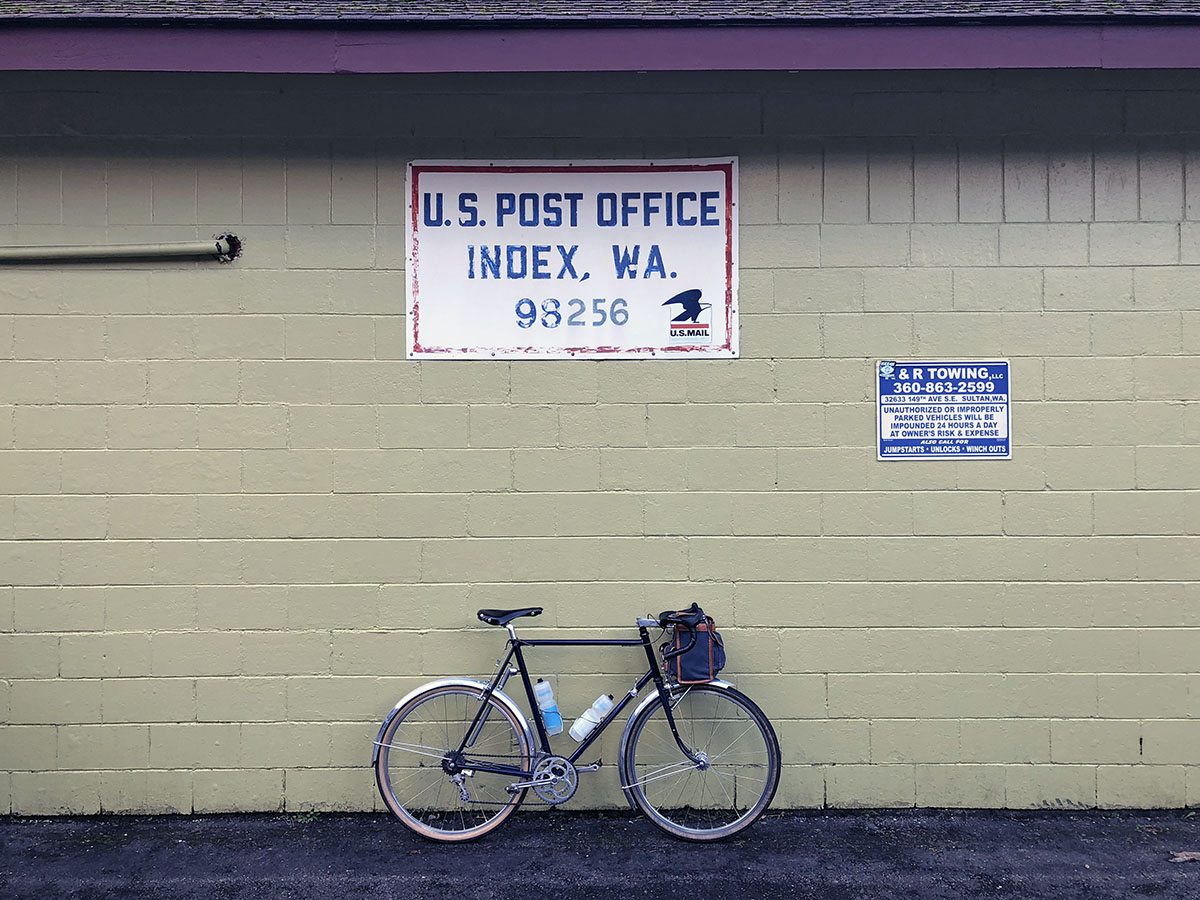The best summation of what makes a gravel bike (versus road bike) I've found is here...
https://www.theproscloset.com/blogs/news/road-bikes-vs-gravel-bikes-6-key-differences?utm_content=tribikes300&gclid=CjwKCAjwur-SBhB6EiwA5sKtjgGwJHQ_FlY9qVWf4gtT3sM0Y6PkWMH119fidbxpzUIYE6i2gb06GxoC7VUQAvD_BwE
As a hobbyist framebuilder, I'm interested in the geometry used for gravel bikes, particularly trail. Some makers (Salsa with the Warbird series) favor high trail (high 60mms-low 70mms) while other makers prefer to end up with more neutral figures in the upper 50s. IT seems to be all over the map and so far "unsettled law" with one exception: From that I can see, there are very few gravel bikes made with low-trail geometry for obvious reasons*.
Since the topic of luggage was mentioned, this article has an interesting take on gravel vs bikepacking bikes...
https://www.welovecycling.com/wide/2021/01/08/bikepacking-bikes-the-difference-between-gravel-and-proper-bikepacking/
Finally got around to looking at the links. Great choices, and superbly relevant. Thanks Dan.
The first was even funny.

It sets out to explore with the reader new to cycling whether they would enjoy a road bike or a gravel bike purchase more. And concludes with ... drum roll!!! ... be like me and buy one of each.

So it's less about bike and more about tyres. Having the clearance in the frame / forks to fit suitable tyres may be the key feature.
Pretty much.
I prefer Heine's term "all-road bike" as less dishonest than "gravel bike" and less off-putting than "comfort bike", which is what all these wider tyres, under whatever name, are aimed at.
Or Safety Bike. But that's been used.
As I imagine you're well aware, Andre, what's different about the new-generation tyres is their ability to combine speed with comfort. If you live somewhere with real gravel roads though, there's another aspect again: flotation. The gravel layer doesn't need to be deep for that to matter.
Is there really any genuine confusion? These names are not intended to be definitive, just general labels so people have an idea about what sort of bike is being talked about and an idea for the retailer of where to display it and who to market it to.
Genuine?

I don't think the confusion matters much, if that's what you're asking rhetorically. But I think there is confusion, from people outside the scene, as evidenced in the original post.
It is easy to imagine that a gravel bike must be especially good to ride on gravel. As in, better on gravel than any other kind of bike. Just like a touring bike is the best kind for touring and a road racing bike is the best kind for road racing.
And yet as various comments here point out, mountain bikes and wide-tyred expedition tourers are more versatile on gravel than gravel bikes.
You offered a handy reminder up thread where you said the US holds gravel races. Many of which, interestingly, have paved sections. What's marketed as a gravel bike might be represented more accurately as a gravel racing bike, just as many bikes marketed as road bikes are road racing bikes.
And here we meet again the other sort of confusion potential, as attested to by mickeg: road racing in cycle jargon means paved road racing, but the "paved" is silent.
When marketers talk about road racing bikes and gravel racing bikes, the "racing" is also silent. They wouldn't want their customers to think that these were only for racers.

Jan Heine's all-road bikes are nearer to all-road touring bikes, in so far as he doesn't race on them and they are built to carry bags (albeit, at the front):

He's a fan of mudguards, too.
Over here it's mid-autumn and soon we'll be getting some rain. On the route I mainly ride, there is a fair bit of gravel and on weekends lots of gravel bikes, almost universally not wearing mudguards. When it gets a bit wet, their riders all have sloppy slicks of mud running up their backs.
The most recent Thorn megabrochure touts the 650b Mercury on wide tyres as a superb gravel bike. That made sense to me, and was part of what led me to purchase one. I think it is not quite a superb gravel racer. But it is a superb gravel tourer.